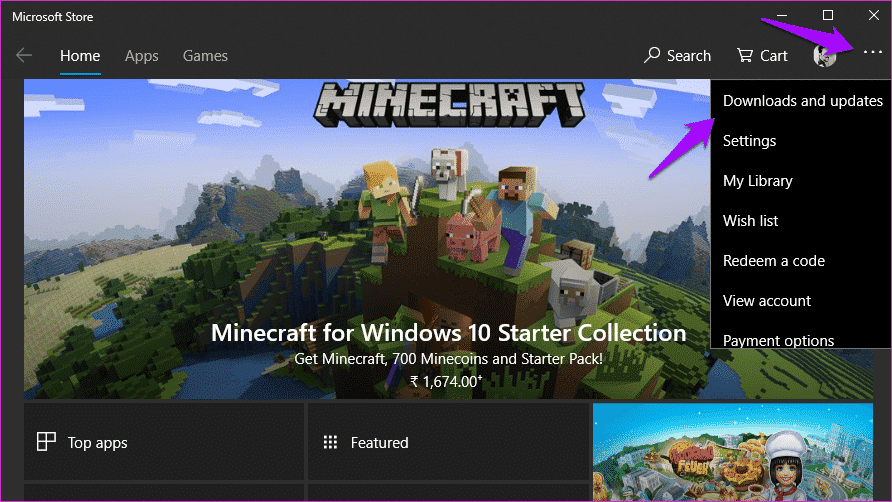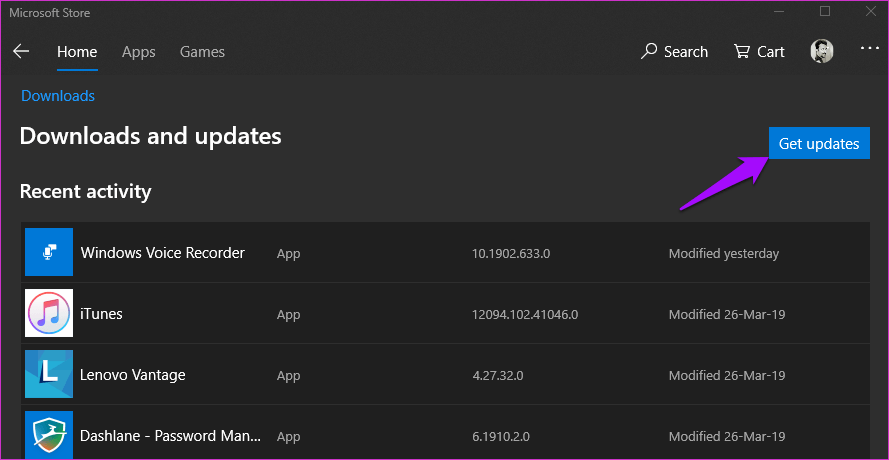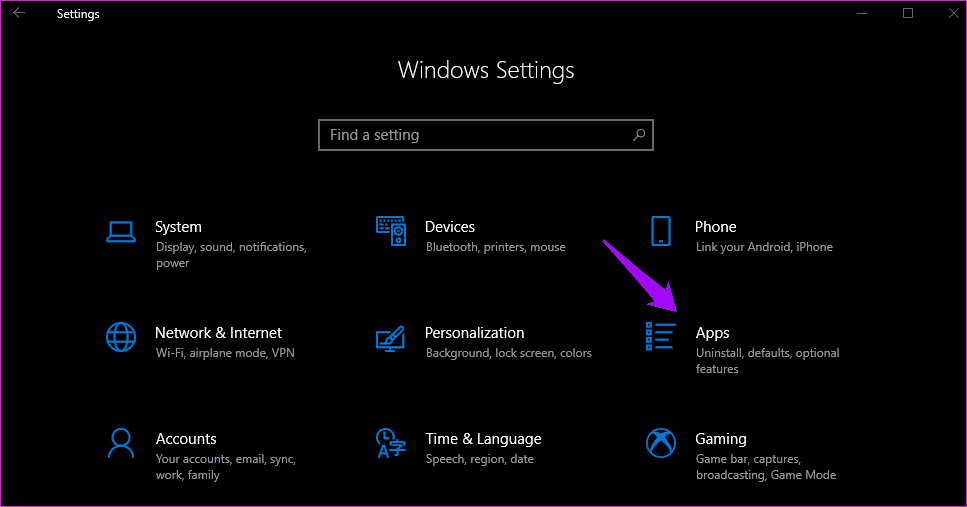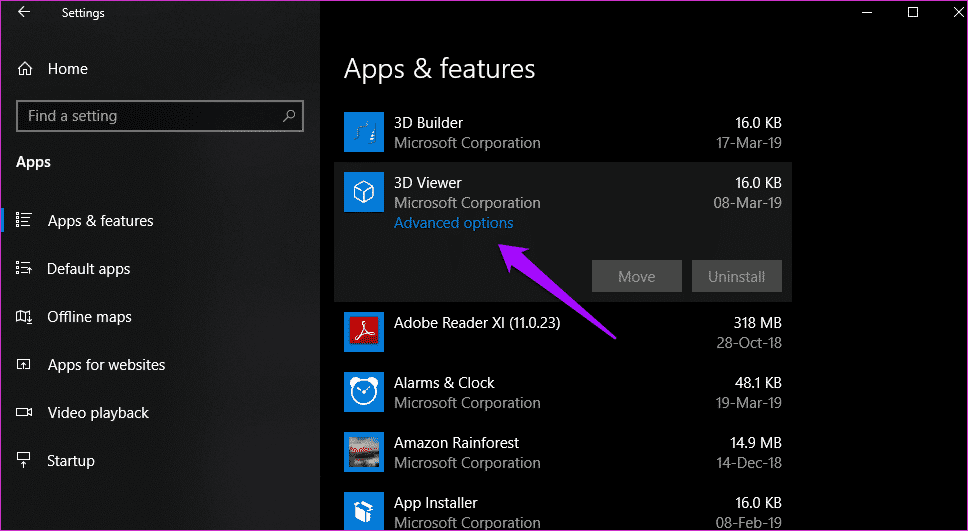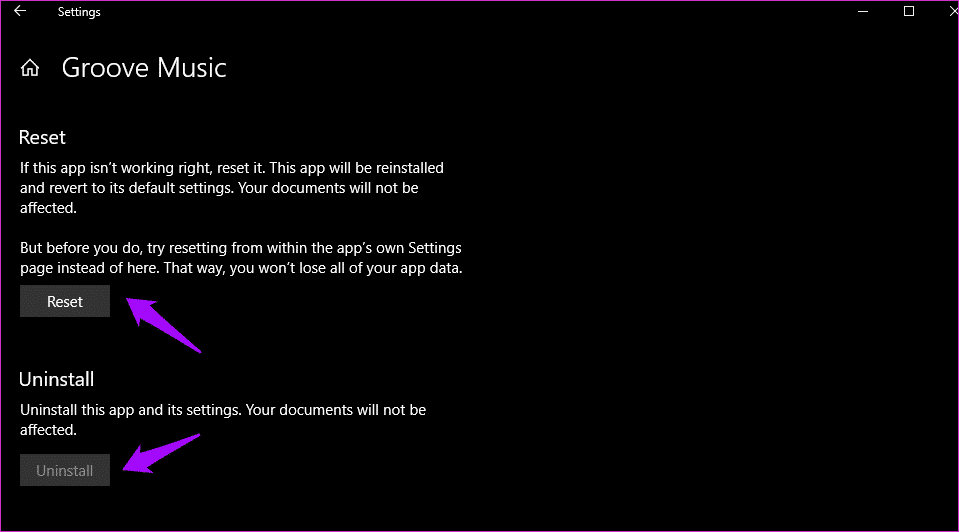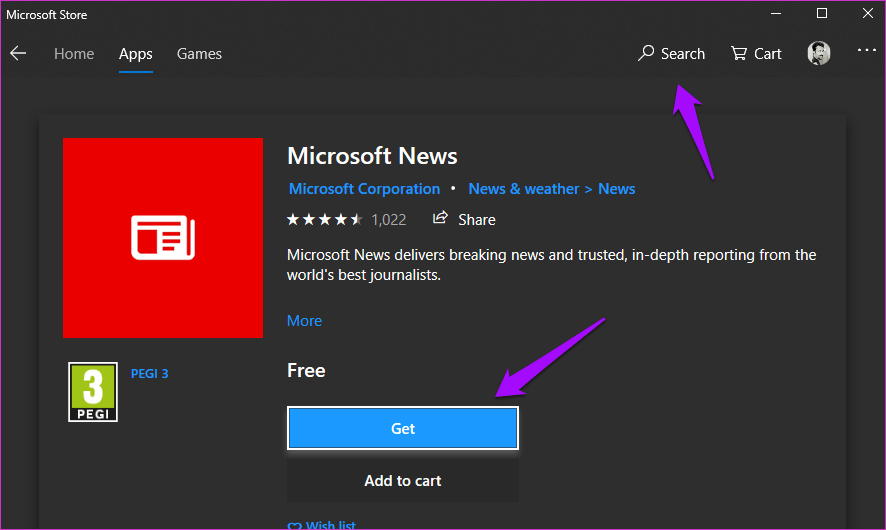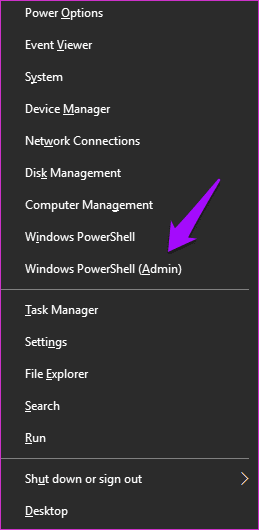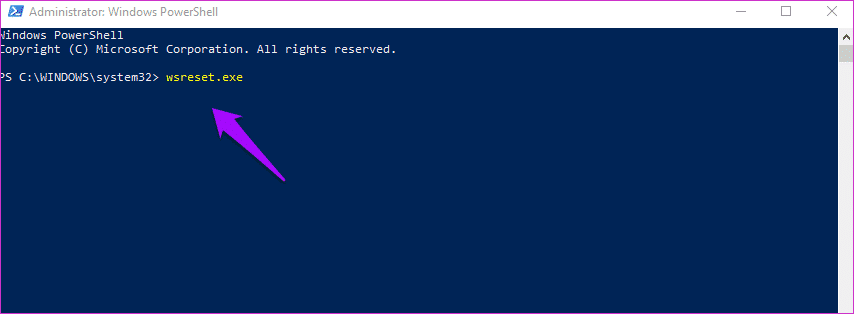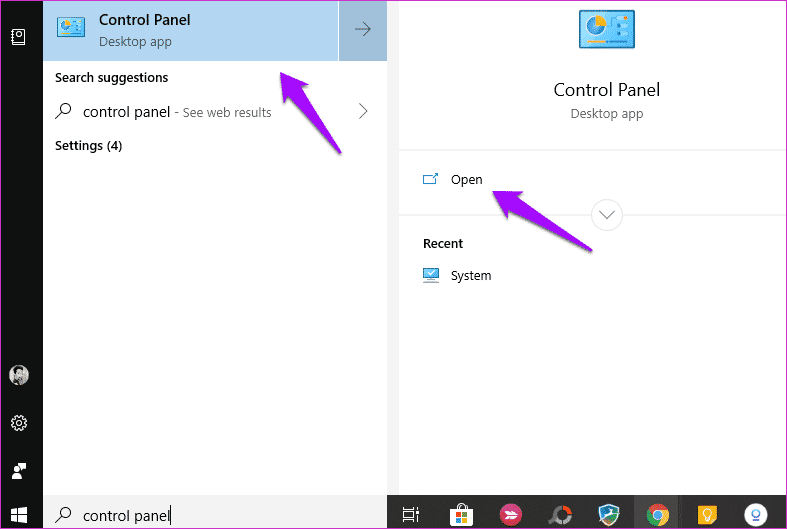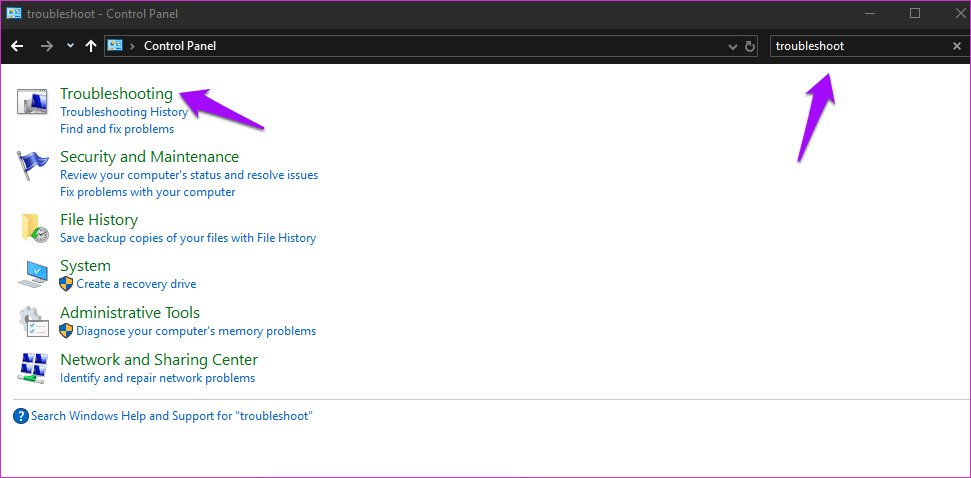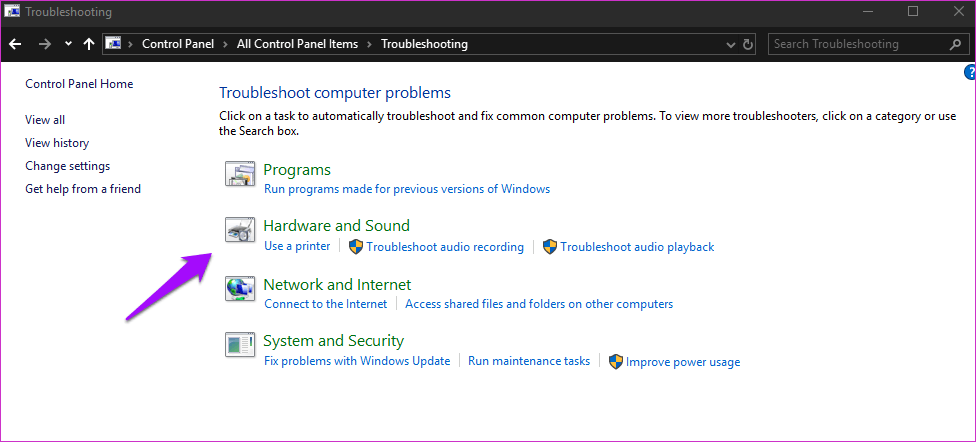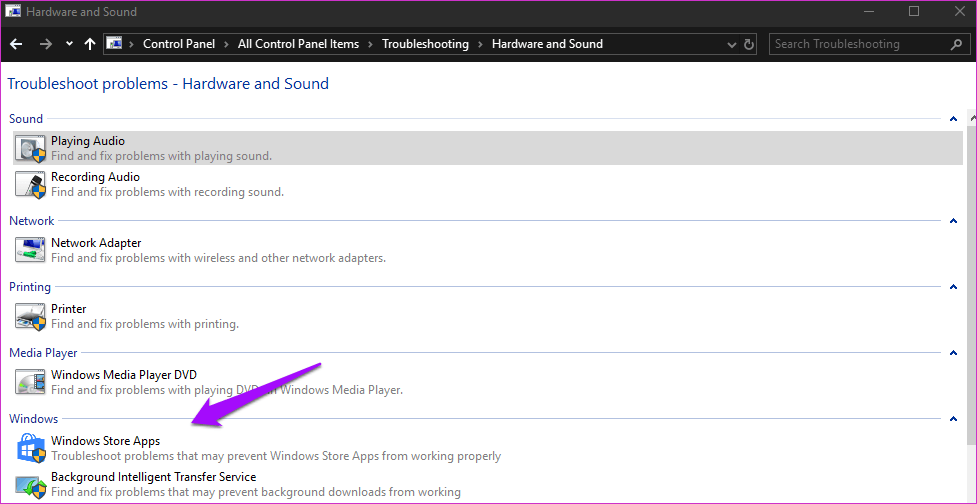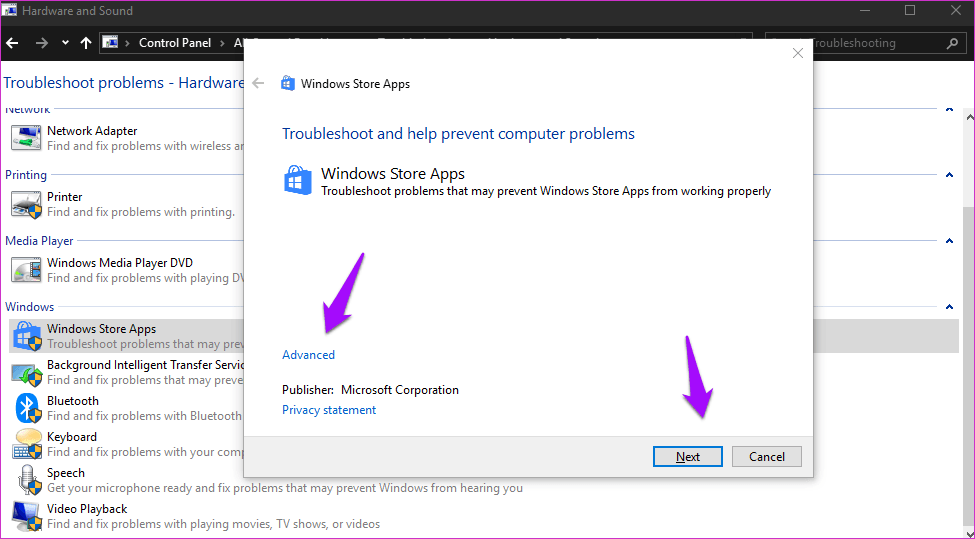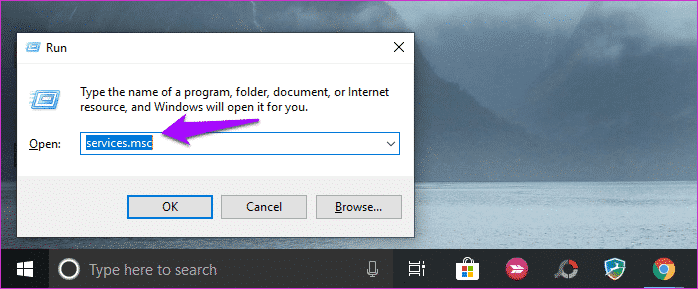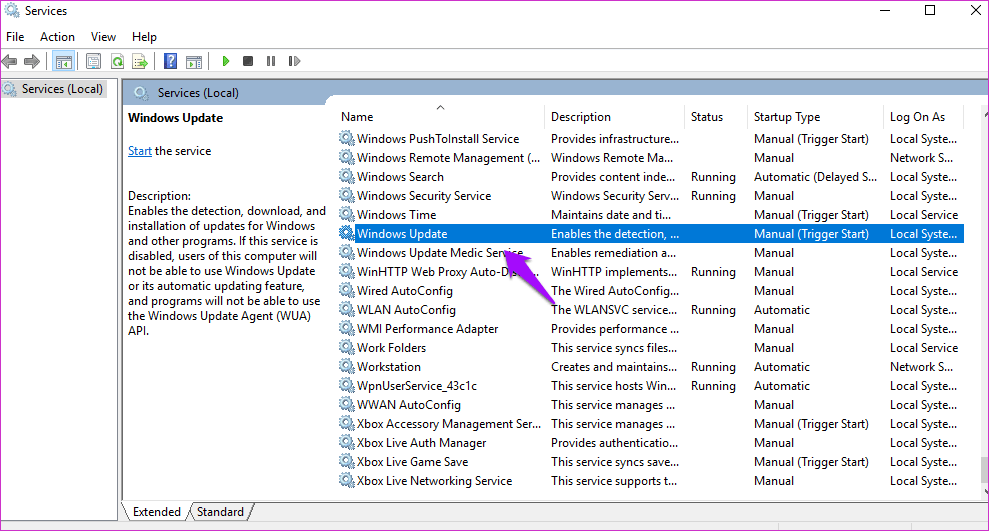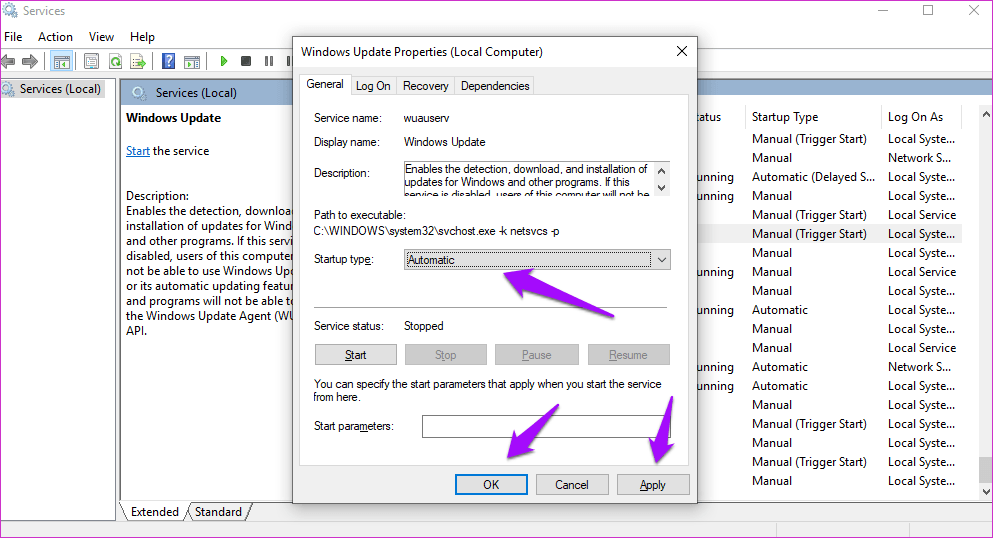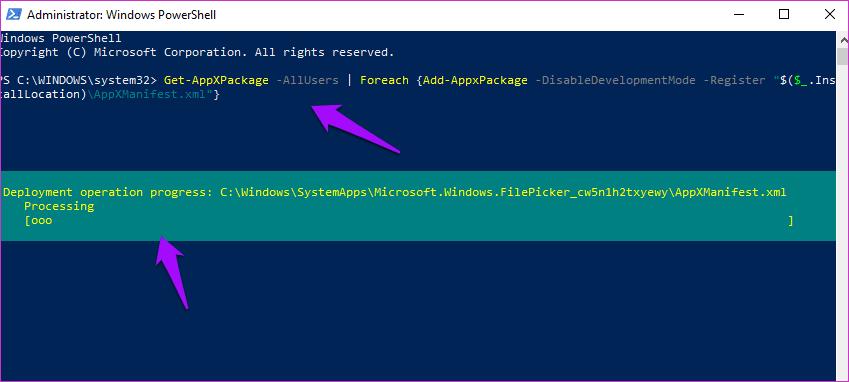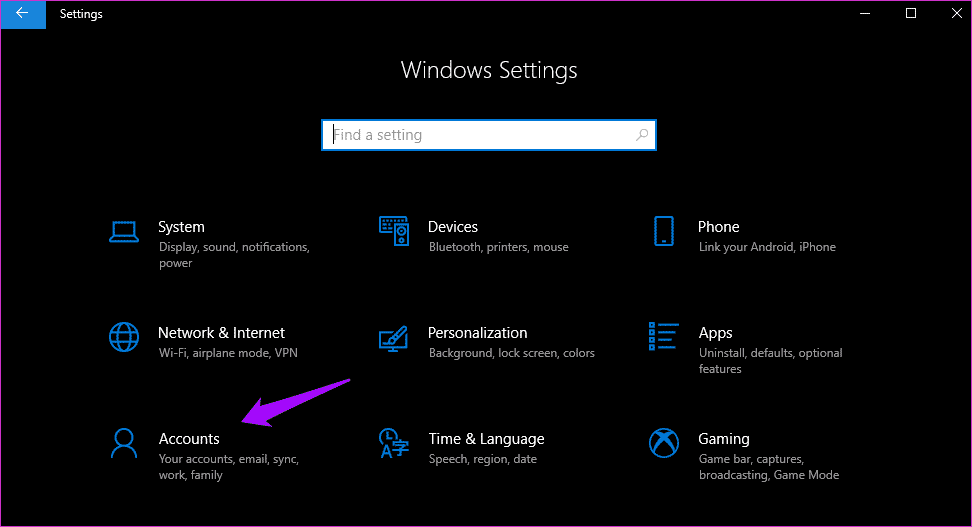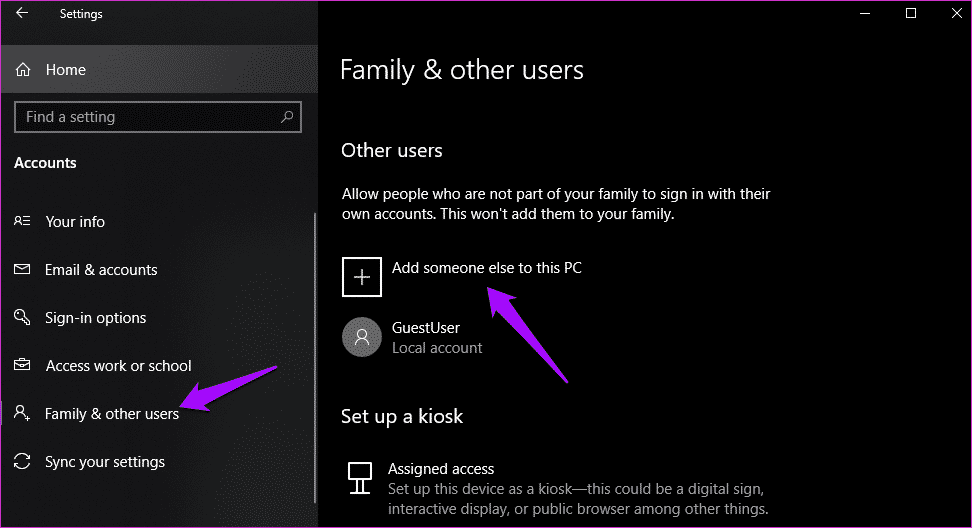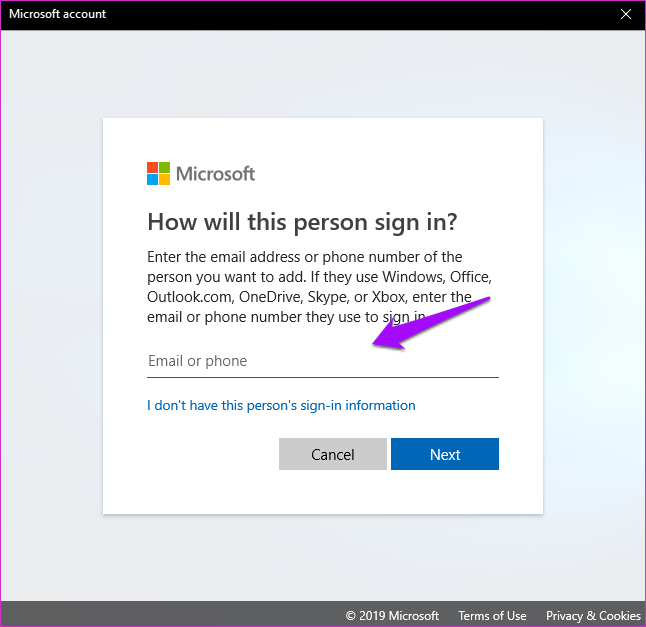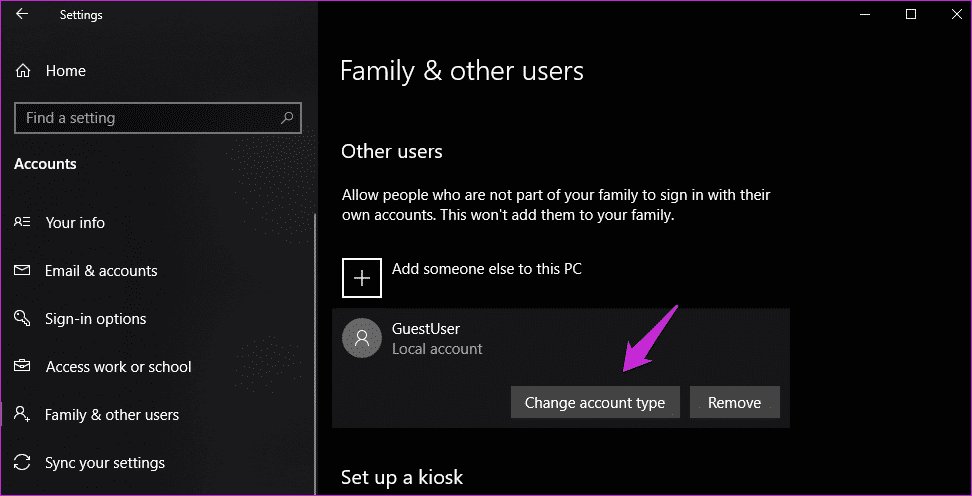Microsoft loves to ship its products with a lot of apps, some of which are good, while others are not. The real problems begin when these Windows apps stop working and show an error. Even worse is when they just crash and don't show an error.
There can be various reasons for these problems. Some users reported that a recent Windows 10 update messed things up. Other users said the problem was related to their user account.
In this guide, we will take a look at some possible solutions that will help resolve errors of Windows applications not working properly.
let's start.
1. Update the app
Just like Windows, Microsoft also releases updates for its apps that fix bugs and other issues. Perhaps there's an update for the broken app? Launch the Windows Store and click the menu icon to select Downloads and Updates.
Now click Get Updates to update all apps. This may take some time.
Once the update process is complete, check if the Windows app is working again.
2. Repair/Reset/Reinstall the app
Windows 10 offers a feature that lets users repair and reset apps (apart from uninstalling them) that aren't working or aren't working properly. Fortunately, the folks at Microsoft have consolidated all three options into one screen. To get started, press Windows key + I to launch Settings and select Apps.
Under Apps & features, when you scroll down a bit, you'll find a list of all the apps. Let's say it's a 3D viewer that isn't working on your system. Click it to reveal advanced options.
Scroll down to find the three options: Repair, Reset, and Uninstall. Depending on the app, some options may be grayed out.
The first option will attempt to repair the app by repairing corrupted app files and scanning for errors. The second option will remove all default settings, but not saved documents, and reinstall the app. The uninstall option, if not grayed out, can be used if repair and reset fail to resolve the error.
Microsoft won't let you uninstall or remove all apps until they've fixed them. If you can, do so and then reinstall the app from the Windows Store by searching for its name and clicking the "Get" button.
Many users have reported that installing the app directly from a third-party site instead of the Windows Store also helped resolve the issue. Check to see if you can find the app's .exe file. If not, reinstall it from the Windows Store.
3. Restore Windows cache
All Microsoft apps are currently only available in the Windows Store. A Microsoft support person suggested that clearing the Windows Store cache and restoring it to its previous state might fix the issue. To do this, press Windows key + X on your keyboard and select CMD or PowerShell with administrator rights.
Type the command below and press Enter.
wsreset.exe
That should do the trick. Try and see if the Windows application in question still gives any errors.
4. Troubleshoot applications
If the above solution fails, Windows offers the "App Troubleshooter," which may help resolve the issue of a Windows 10 app not working. Open the Control Panel by searching for it.
Search for Troubleshooting in the search bar in the upper right corner and select Troubleshooting.
Select Devices and Sounds on the next screen.
Here you'll find the Windows Store app option. I'm not sure what it does under the Hardware and Sound options, but there it is.
You should now see a pop-up window. Click "Advanced Options" here and select "Apply repair automatically."
This will scan all Windows applications installed on your system for any irregularities. Follow the on-screen instructions if any are found.
5. Windows Update Service
The Windows Update Service is responsible for keeping Windows applications up to date. Microsoft says that if this service isn't running, Windows applications won't start, won't open, or even crash.
To check, press Windows + R keys to open Run command and type services.msc before pressing Enter.
Find Windows Update in the list and make sure the “Startup type” is set to “Automatic.”
If not, double-click it and choose Automatic from the drop-down menu.
Click "Apply" and "OK." Note that this guide is also good, but since we're dealing with errors related to Windows applications, this may help resolve them.
6. Leadership power
As the name suggests, this PowerShell command will re-register all Windows applications on Microsoft servers. Use the same method as above to open PowerShell.
Get-AppXPackage -AllUsers | Foreach {Add-AppxPackage -DisableDevelopmentMode -Register "$ ($ _. InstallLocation) \ AppXManifest.xml"}
Don't forget to press Enter after typing the command.
7. User Account
One of our team members recently assembled a desktop computer that encountered the same error. He was able to resolve the issue by creating a new user account. Upon further investigation, it appears this is a fairly common issue that Microsoft has fixed. Press Windows key + I to open Settings. Click Accounts.
Under Family & other users, click Add someone else to this PC.
Enter your login details on the next screen.
Once you have created a new user account, in Settings, on the same screen, select the newly created user account and click Change account type.
On the next screen, select Administrator and save. The new account now has administrator rights and can open any Windows applications. Restart your computer and log in with the new account. You can later transfer data from the other account to the new one.
There's an app for everything.
There's an app for almost anything these days. If you have a need, there's an app to solve it. While most of the time these apps work flawlessly, sometimes they don't work as intended. If you've found a different way to fix Windows apps not working, share it below.

